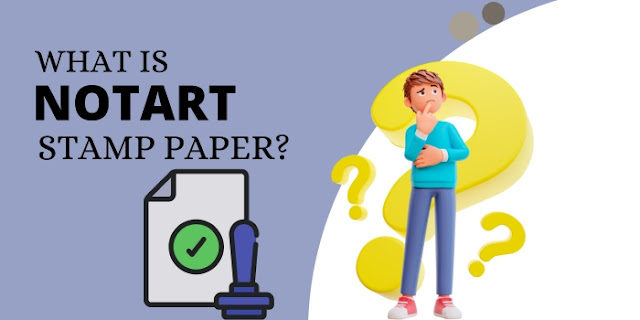What stamp paper should I use (India) for partnership agreement?
When you start a partnership business, it is essential to have a partnership agreement in place. The partnership agreement is a legal document that outlines the terms and conditions of the partnership. To make the agreement legally valid, you need to prepare it on a stamp paper. In this blog, we will discuss what stamp paper you should use for a partnership agreement in India.
What is a Stamp Paper?
A stamp paper is a legal document used to make an agreement legally valid. It is a special type of paper that has a revenue stamp affixed to it. The revenue stamp indicates that the stamp duty, which is a tax on legal documents, has been paid. The stamp duty is payable to the government and varies from state to state in India.
What is a Partnership Agreement?
A partnership agreement is a legal document that outlines the terms and conditions of a partnership business. It includes details such as the roles and responsibilities of each partner, the profit-sharing ratio, and the management of the business. The partnership agreement is a crucial document for any partnership business, and it should be prepared with utmost care.
What Stamp Paper Should I Use for a Partnership Agreement?
The stamp paper that you should use for a partnership agreement depends on the state where the agreement is being executed. The stamp duty rates and the denomination of stamp papers vary from state to state. Here are some guidelines that will help you choose the right stamp paper for your partnership agreement.
Step 1: Check the Stamp Duty Rates in Your State
The stamp duty rates for partnership agreements vary from state to state. You can check the stamp duty rates on the official website of the revenue department of your state. The stamp duty is usually calculated as a percentage of the value of the agreement or a fixed amount.
Step 2: Choose the Denomination of the Stamp Paper
Once you know the stamp duty rates, you need to choose the denomination of the stamp paper. The denomination of the stamp paper should be equal to or higher than the stamp duty payable. For example, if the stamp duty payable is Rs. 1,000, you should use a stamp paper of Rs. 1,000 or higher.
Step 3: Purchase the Stamp Paper
You can purchase the stamp paper from authorized stamp vendors. The stamp paper should have the name of the vendor, the denomination of the stamp paper, and the date of purchase. The vendor will also affix the revenue stamp on the stamp paper.
Step 4: Prepare the Partnership Agreement
Once you have purchased stamp paper, you can prepare the partnership agreement. The agreement should be printed on the stamp paper, and all the parties involved should sign it.
Stamp Paper Denomination and Stamp Duty Rates in Some States
Here are some examples of stamp duty rates and stamp paper denominations in some of the major states in India.
Delhi
In Delhi, the stamp duty for a partnership agreement is 1% of the value of the agreement, subject to a maximum of Rs. 50,000. The stamp paper denomination should be equal to or higher than the stamp duty payable.
Maharashtra
In Maharashtra, the stamp duty for a partnership agreement is 0.5% of the value of the agreement, subject to a maximum of Rs. 25,000. The stamp paper denomination should be equal to or higher than the stamp duty payable.
Karnataka
In Karnataka, the stamp duty for a partnership agreement is Rs. 200 for every Rs. 100,000 of the value of the agreement, subject to a maximum of Rs. 1 lakh. The stamp paper denomination should be equal to or higher than the stamp duty payable.
Conclusion
The stamp paper that you should use for a partnership agreement in India depends on the state where the agreement is being executed. You need to check the stamp duty rates, choose the denomination of the stamp paper, purchase the stamp paper from authorized vendors, and prepare the partnership agreement. It is essential to follow these guidelines to ensure that your partnership agreement is legally valid. Remember that a partnership agreement is a crucial document for any partnership business, and it should be prepared with utmost care.
Written by Mika Singh



